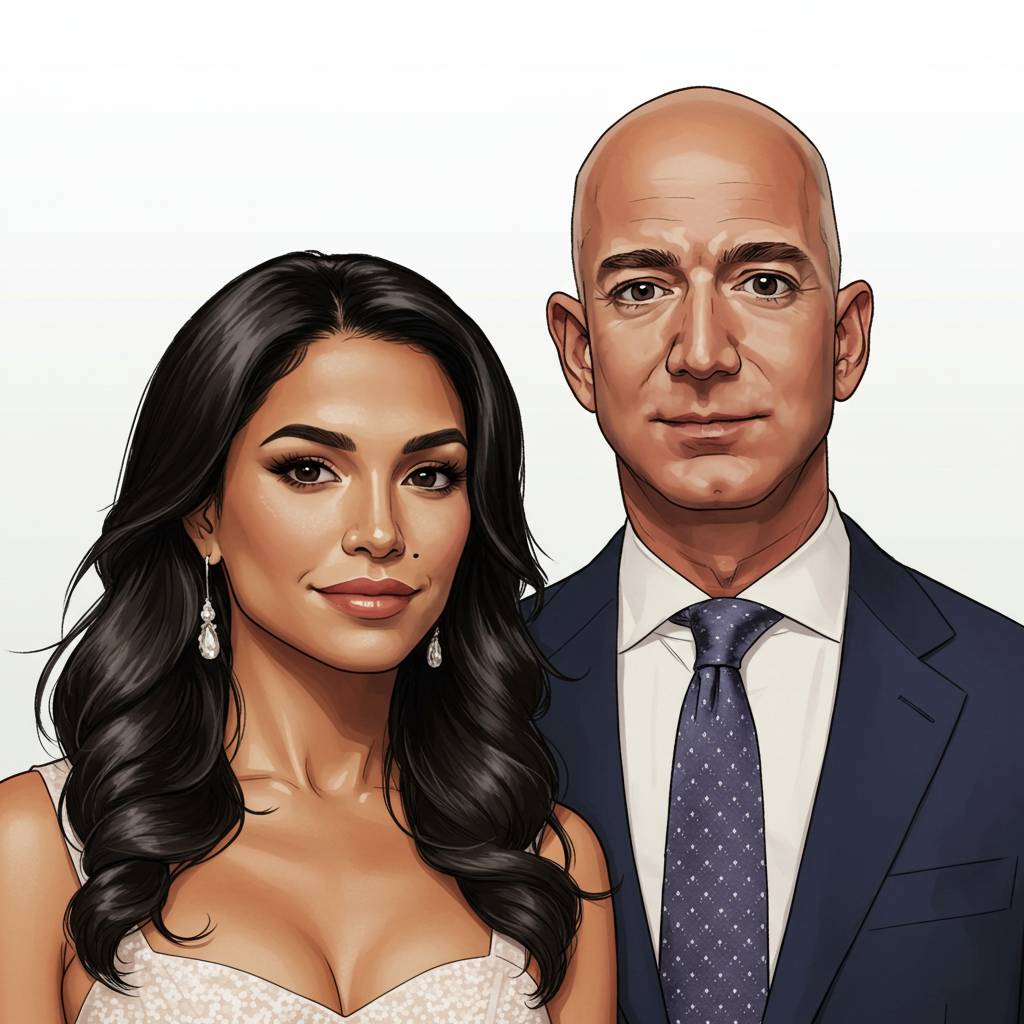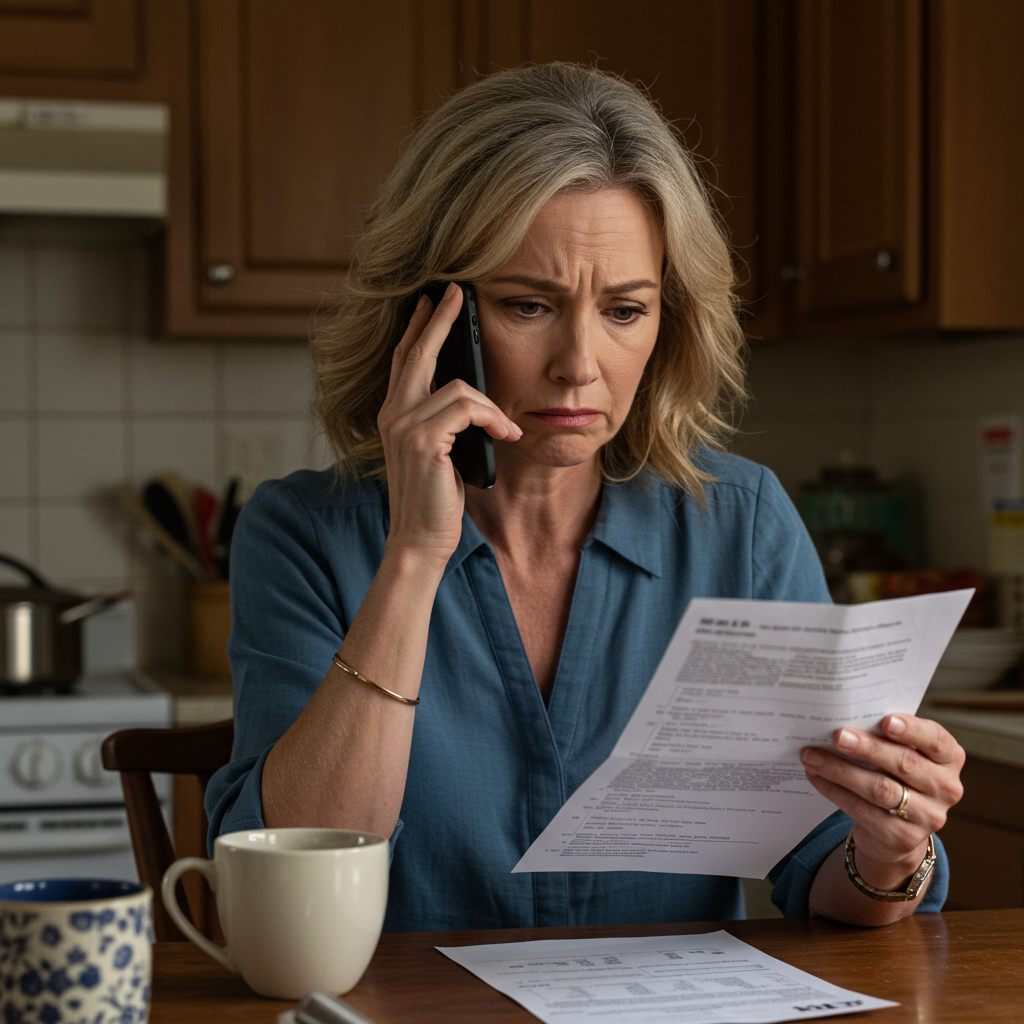south <a href="https://news.quantosei.com/2025/07/08/brics-nations-hit-back-at-emperor-donald-trump-over-tariff-threats/” title=”BRICS Leaders Condemn Trump's Trade Tariff Threats (53 characters)”>africa‘s President Cyril Ramaphosa has opposed what he calls the “unilateral” higher trade tariffs imposed on his country by the US.
US President Donald Trump announced on Monday that he would subject imports from South Africa to a new 30% tariff from 1 August.
It is the only African state affected by his latest announcement, reflecting his strained relationship with Ramaphosa’s government.
In a letter to Ramaphosa, Trump said South Africa’s trade relationship with the US “has been, unfortunately, far from reciprocal”. In his response, Ramaphosa maintained the 30% tariff “is not an accurate representation of available trade data”.
Trump’s decision is a huge blow to South Africa. The US is its second-biggest trading partner, and South Africa’s automobile and farming sectors had duty-free access to the US market.
Trump sent letters to South Africa and 13 other countries, informing them of his latest tariff plans.
The US president said the rates could be modified “upward or downward, depending on our relationship with your country”.
“We have had years to discuss our trading relationship with South Africa, and have concluded that we must move away from these long-term, and very persistent, trade deficits engendered by South Africa’s tariff, and non-tariff, policies and trade barriers,” Trump said in his letter.
“Starting on August 1, 2025, we will charge South Africa a tariff of only 30% on any and all South African products sent to the United States, separate from all sectoral tariffs,” he added.
Trump said that if South Africa were to increase its tariffs in response to his announcement, the amount it chooses to raise them by would be added on top of the existing 30%.
“If you wish to open your heretofore closed trading markets to the United States, and eliminate your tariff and non-tariff policies and trade barriers, we will, perhaps, consider an adjustment to this letter.”
In response, Ramaphosa contested the new tariffs, saying the issue was still under consideration by negotiating teams from South Africa and the US.
“This 30% tariff is based on a particular interpretation of the balance of trade between South Africa and the United States,” Ramaphosa said in a statement.
He added that more than half of the goods South Africa imported from the US were not taxed, and the average tariff on the rest was 7.6%
He said South Africa would continue with its diplomatic efforts to ensure a “more balanced and mutually beneficial trade relationship” with the US.
In April, Trump imposed a 30% tariff on South Africa, as part of his global “reciprocal” tariffs, before agreeing to suspend their implementation for 90 days.
Higher tariffs had been set to come into effect on 9 July, having previously been suspended, with White House officials saying they would look to strike trade deals.
When asked by a reporter whether the new August date was a hard deadline, Trump said: “I would say firm, but not 100% firm. If they call up and they say we’d like to do something a different way, we’re going to be open to that.”
South Africa and other countries around the continent have been pushing to negotiate trade deals with the US to prevent Trump’s sweeping tariffs.
Trump argues that introducing tariffs will protect American businesses from foreign competition and also boost domestic manufacturing and jobs.
US-South Africa relations hit rock-bottom after Trump took office in January.
The US president has stopped all aid to South Africa, accusing it of discriminating against the white minority. South Africa has repeatedly denied this.
Ramaphosa held talks with Trump in May in a bid to mend relations.
However, Trump confronted him with a series of contested claims about the killing of white farmers, and his latest announcement suggests that he is keeping up the pressure on South Africa.
Go to BBCAfrica.com for more news from the African continent.
Follow us on Twitter @BBCAfrica, on Facebook at BBC Africa or on Instagram at bbcafrica
Copyright 2025 BBC. All rights reserved. The BBC is not responsible for the content of external sites. Read about our approach to external linking.



